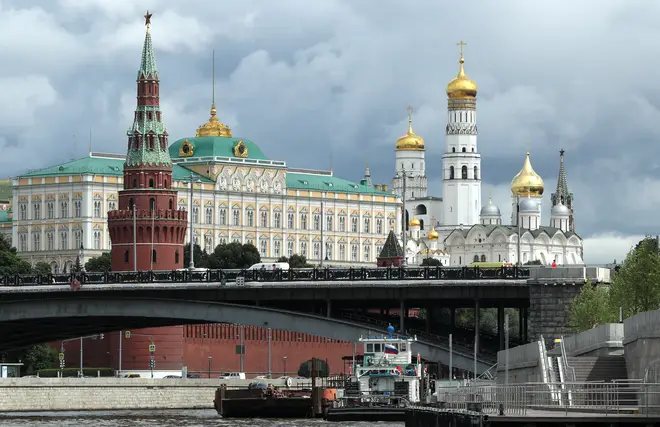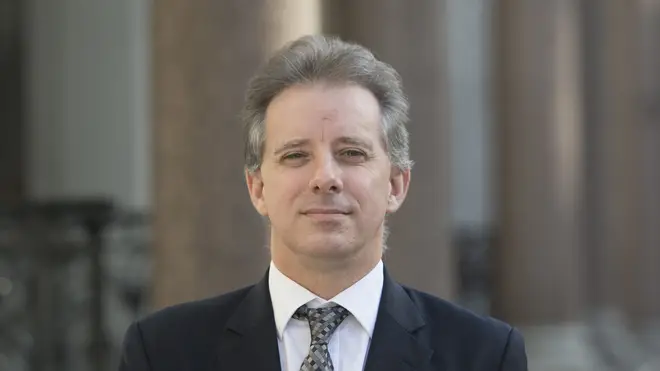
Lewis Goodall 10am - 12pm
7 August 2020, 07:16

A former MI6 officer has warned the UK has been "behind the curve" in preventing political interference from Russia.
Christopher Steele said Britain had been too slow and "wholly inadequate" in deterring and responding to Russian activity, while calling for a unified effort in preventing further attempts at disruption.
Mr Steele, who set up an intelligence consultancy after leaving MI6, pointed to lax regulation of Russian money coming into UK politics as an area of particular concern.
"We are on the defensive," Mr Steele told Conservative MP Damian Collins on the Infotagion podcast,
"There are huge vulnerabilities that are created by democracy and by modern technology and we are not catching up quickly enough with how our adversaries are able to, and willing to, exploit those things without really strong retaliation and deterrence existing.
"It needs to be an organised counter-effort to make sure that this doesn't distort and disrupt our political life."

Mr Steele said that Russian interference is "designed" to push political debate to the extremes in order to undermine people's "faith and trust" in democracy, adding Brexit was a clear example of how divided the country has become on what used to be consensus issues.
"The other thing I think it's designed to do in its modern form is create great polarity, great partisanship and divisions within political life, the likes of which we've not seen in democracies before.
"It's not just elections. I think its the way in which the political discourse and the political parties are kind of pushed out to the extremes and the consensus view on things like national security and the integrity of the United Kingdom and its defence which, in general in recent times have been pretty much consensus issues, there is now a definite attempt to shatter those and Brexit in a way ... was a classic case of that.
"I'm very concerned (in ensuring) national security issues can be bipartisan, and that we can keep our politics moderate and mainstream, for the most part, despite Russia and other foreign actors' attempts to polarise us."
Mr Steele rose to prominence in 2016 when he wrote a dossier about alleged links between Donald Trump and Russia.
He was then sued by Russian businessman Aleksej Gubarev after BuzzFeed published the so-called Steele Dossier in January 2017.
Mr Gubarev said part of the dossier made "seriously defamatory allegations", while Mr Steele disputed his claims.
A ruling on the trial is yet to be delivered.